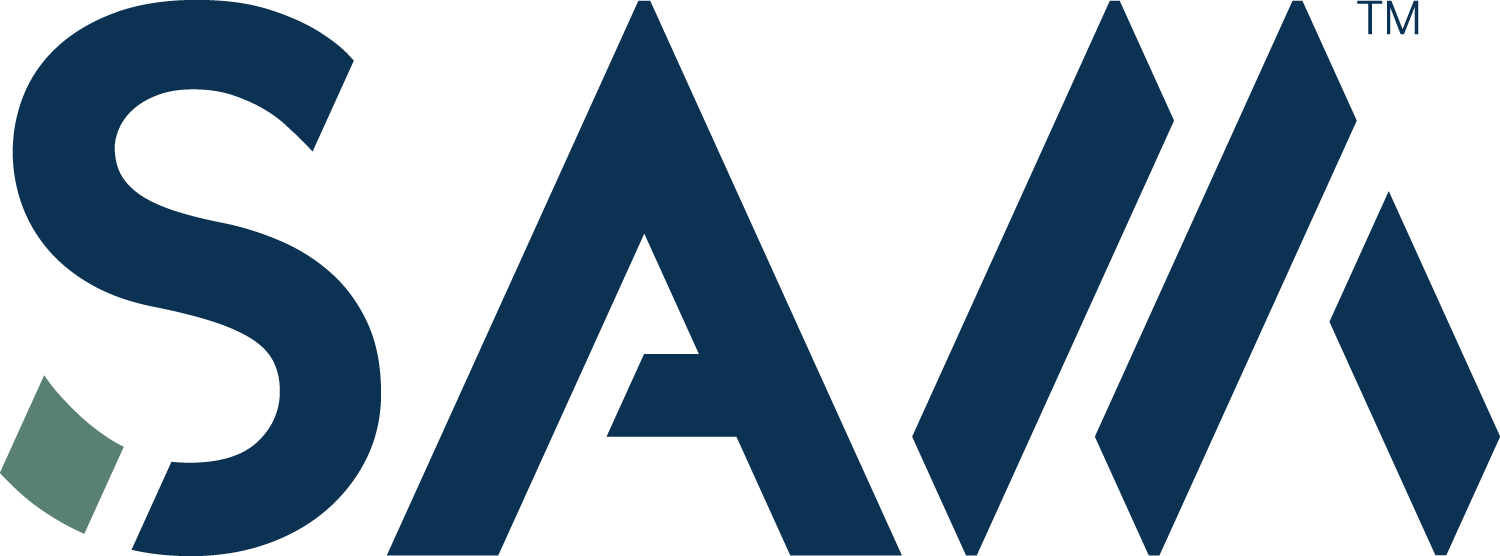Lori Post is a Safety Operations Specialist in our Dallas, TX, office. She started her career at SAM in September 2017 and is primarily focused on developing and implementing safety training initiatives throughout the organization.
Can you describe your industry experience?
I’ve worked in the safety industry, in various capacities, for over 15 years. Before SAM, I worked as a paramedic, ensuring that the ambulances met all the standards of the Occupational Safety and Health Administration (OSHA), the Department of Health, and the Department of Transportation. My role now, and working as a paramedic, genuinely go hand-in-hand.
As a paramedic, I mainly worked as a shift supervisor and 9-1-1 operator in Bastrop and Gonzales counties. I also worked for the medical director of the spinal cord injury program at St. David’s Hospital in Austin. Paramedics in Texas don’t have a scope of practice, meaning we are authorized to carry out any procedure taught to us and deemed competent by a physician.
Additionally, I’ve been an operations manager, responsible for efficient project scheduling, ensuring our rigs were operating within strict safety standards, evaluating the quality of the fieldwork, and reporting job statuses accordingly.
What does your day-to-day involve?
My day-to-day at SAM as a safety operations specialist is busy. My main focus is on safety training, and I also work with our medical consulting company, Axiom, on any incident reporting. I work closely with our crew coordinators and project managers to inform them of client-required training and ensure we meet all OSHA requirements before arriving on project sites. Almost every client has some form of required training. My responsibility is to ensure that our employees always meet those standards, and to educate other employees on the importance of exceeding safety training compliance.
How does SAM leverage technology for safety initiatives?
Technology is key to creating a good safety culture, primarily at SAM. It helps reduce injuries, improves employee health and overall well-being, increases efficiency in procedures, and enhances productivity. We equip our employees with tablets and phones so they can take “safety” with them. Employees being aware of the dangers around them and having a plan in place helps us ensure they go home safely every day.
Additionally, with technology, all of our safety forms are literally at our crew’s fingertips. For instance, SAM’s Job Hazard Analysis (JHA) is app-based. So when an employee arrives on a project site, they can complete a JHA on their phone or tablet. This is designed to jump start their brain into thinking about being safe and reminding them to look around and notice the hazards they may encounter as they complete their daily tasks. Employees then have to create a plan to mitigate those hazards. This can include taking extra breaks during hot days, putting on snake guards in wooded areas, or even reminding others to wear safety glasses.
What are your career growth goals?
I love working at SAM. While most of my history is medical, I fell into the training side of things. When I came on board, we still had all the training done on paper consisting of multiple files. Since then, we have built and converted all of our files to digital format, allowing us to leverage technology for training.
My career growth goal would be to help our Safety Department continue to expand and develop. It takes all of us to work efficiently and effectively as a company. I will continue to step in wherever my department needs me and do my part. There is a reason for everything; if I am asked to handle a task, I will dive in and give all of myself to the SAM team.
In your opinion, how does SAM view and demonstrate quality safety standards throughout the company and for our clients?
Safety is one of our Core Values. We also live by a “Lead with Safety” ideology, which keeps it a priority in conversations and work efforts. In the last three years, I have seen a shift in client expectations of safety in terms of requirements. Today, many companies we work with require us to submit our company safety policies and procedures for review before we can even consider providing services.
With SAM’s commitment to Safety, especially as a Core Value, we show our clients that we provide solutions at the highest level of quality, while taking proactive measures to ensure employee safety. We’ve been successful at reducing risk, increasing productivity, and delivering a better product in the end.
What is a key lesson you learned that made you better?
There are so many, but considering my background, the one that comes to mind is to remember that every single employee is a person, and I need to take each of their situations personally. When I worked in 9-1-1, I dealt with the “what is going to cause you to lose your life right this minute” attitude. You become a little clinical, and while dealing with a person, the focus is more on doing your job. It’s important to keep that human reminder at the forefront.
What advice would you give to employees?
Don’t downplay an issue or injury, especially if it is not work-related. We understand that work is important, but your life is essential. Hesitating to report something because it wasn’t related to SAM or the hours were needed is NOT the mindset we have here.
I work really hard to create an environment where employees feel safe and open, to be honest with me. I became a paramedic to help people and to change lives. I have found so many times at SAM that I have been given that same opportunity.
